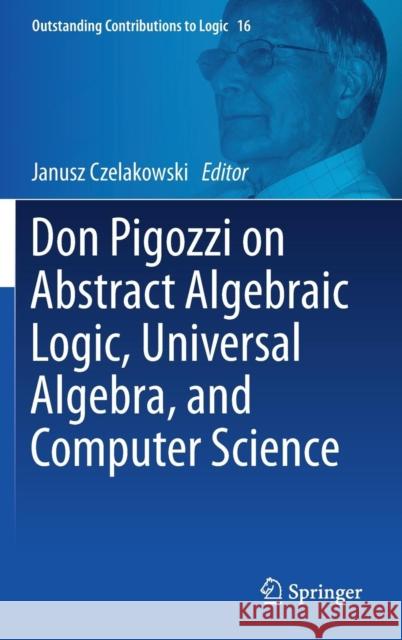Don Pigozzi on Abstract Algebraic Logic, Universal Algebra, and Computer Science » książka
topmenu
Don Pigozzi on Abstract Algebraic Logic, Universal Algebra, and Computer Science
ISBN-13: 9783319747712 / Angielski / Twarda / 2018 / 454 str.
Kategorie BISAC:
Wydawca:
Springer
Seria wydawnicza:
Język:
Angielski
ISBN-13:
9783319747712
Rok wydania:
2018
Wydanie:
2018
Numer serii:
000468947
Ilość stron:
454
Waga:
0.90 kg
Wymiary:
16.6 x 24.5 x 2.8
Oprawa:
Twarda
Wolumenów:
01
Dodatkowe informacje:
Wydanie ilustrowane











